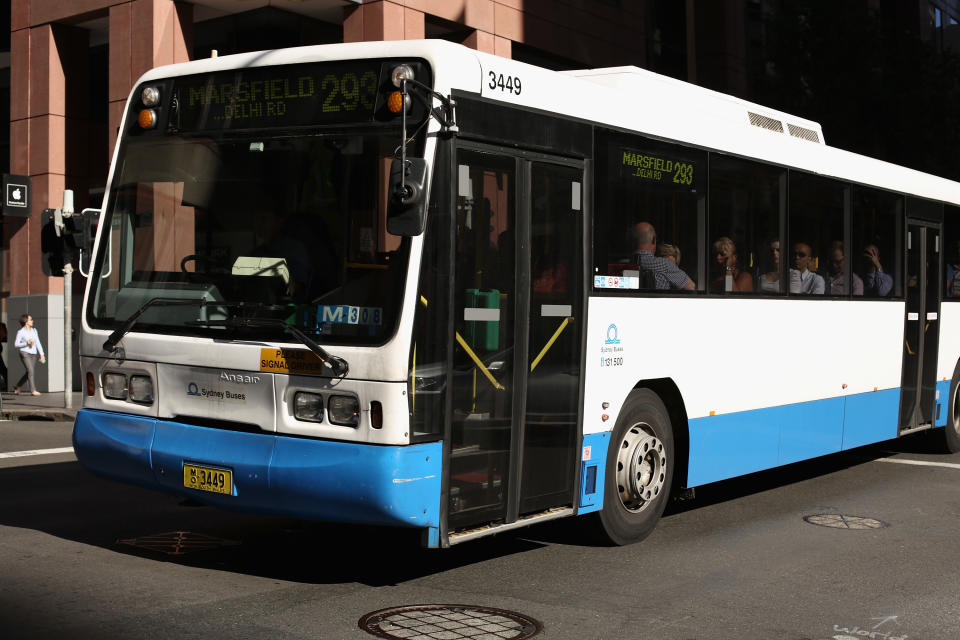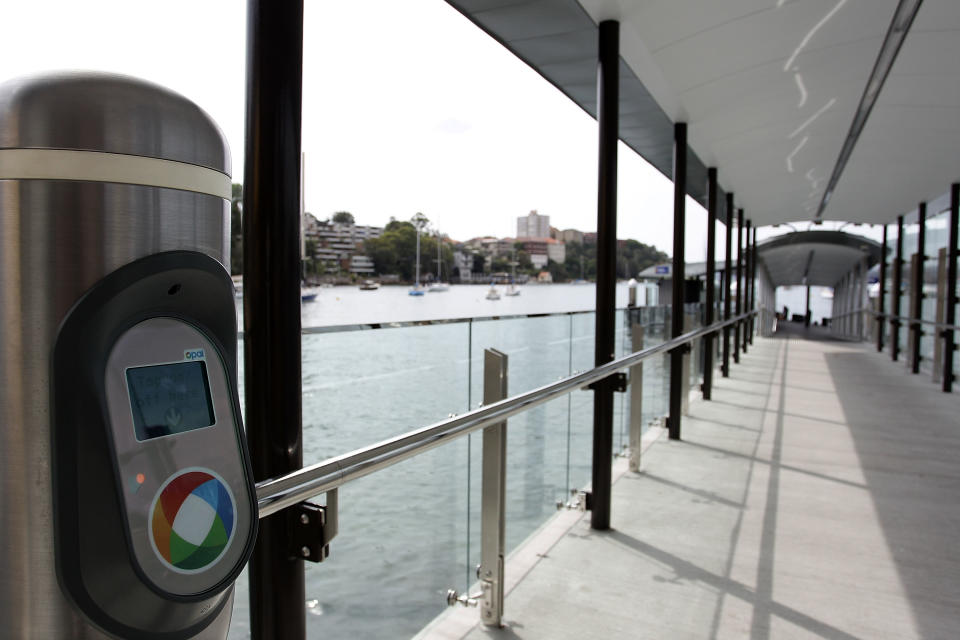Coronavirus: What commuters should do to stay safe on public transport
There are some important steps Australians using public transport should take if they are to avoid contact with COVID-19, says a germ and hygiene expert.
Many people are concerned about being in public spaces, especially with the government advising strict social distancing and 14-day self-isolation periods for returned travellers and infected individuals.
With buses, trams and trains some of the most-used public resources, commuters need to be particularly vigilant during and after they use them, Professor Marylouise McLaws from the University of New South Wales told Yahoo News Australia.
“We do know that coronavirus can live on plastics and hard surfaces for many hours, and even in the right conditions, days,” Professor McLaws said.
While it is able to survive lengthy periods in perfect conditions however, coronavirus bacteria is considerably simple to destroy, according to Prof McLaws.

“Use an alcohol wipe or detergent. They can both kill this virus really well because the virus has what we call an envelope, which means it’s very susceptible to being deactivated with soap and alcohol.”
Prof McLaws said commuters should put the most focus on maintaining the cleanliness of their hands and the cards they are using to tap on and off.
Coronavirus live blog: Latest news and updates about the crisis in Australia
“To look after everybody else’s health, clean the plastic pocket for your tap card, clean your hands before you get on your public transport, clean your hands when you get off the public transport, and you should be fine,” she said.
The public should not be reliant on others to show good hygiene on board public transport, Prof McLaws said, which reinforced the importance of taking care of personal hygiene as a priority.
“By taking control of yourself and your own actions, you’re less likely to be disappointed,” she said.
Hovering the tap card above the machine may be a useful tactic in avoiding contact with the booth and its inevitable germs, providing the method still activates the machine.
The likelihood of acquiring coronavirus bacteria from a tap machine however was rather small, Prof McLaws said.

“If you can hover it over and it works, it’s a reasonable practice, otherwise you can tap it then use an alcohol-based wipe and it should be fine because this virus is easy to kill from hard surfaces and on hands.”
Advice has also been shared on how best to clean potentially harmful germs from mobile phones, which a research group said individuals touched more than 2600 times a day.
On Tuesday evening, a sixth person died from coronavirus in Australia - an 86-year-old at a Sydney hospital, bringing NSW’s death toll to five.
Do you have a story tip? Email: newsroomau@yahoonews.com.
You can also follow us on Facebook, Instagram and Twitter and download the Yahoo News app from the App Store or Google Play.



